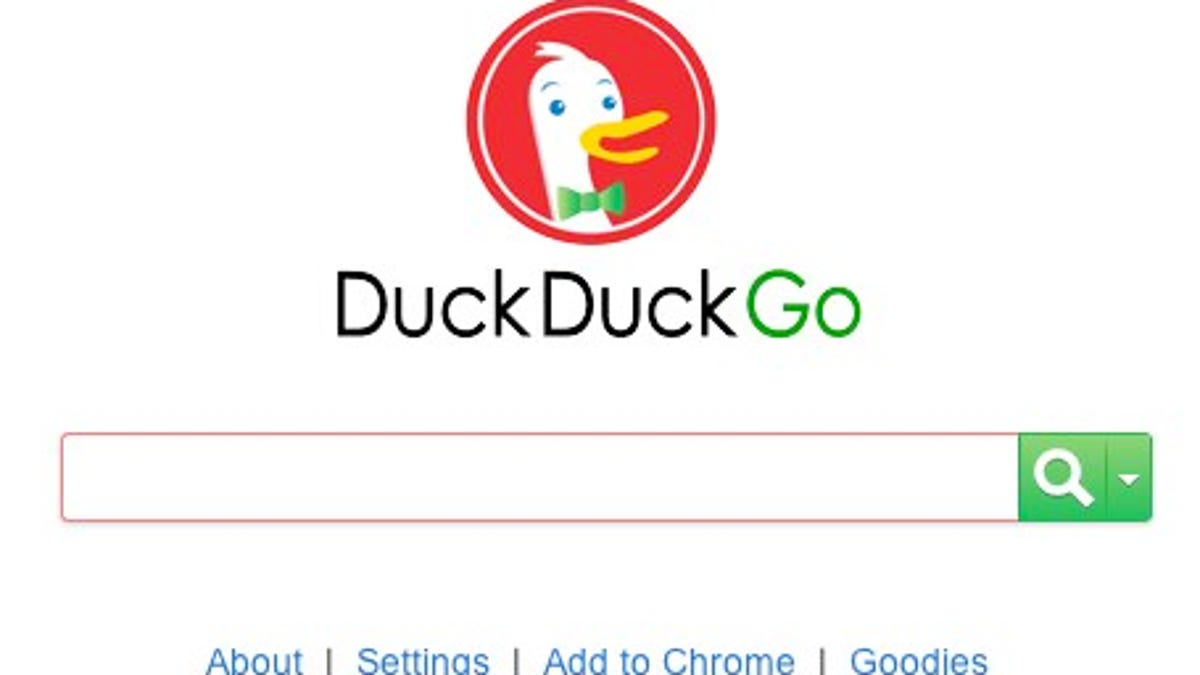Google threat? Search engine DuckDuckGo scores funding
The upstart search engine promises less clutter. But can it really take on Google?
Another little-known search engine--with the tall order of snagging users from Google--has landed financial backing.
Union Square Ventures today wrote in a blog post today that it invested an undisclosed amount in a search engine called DuckDuckGo, which promises super-fast search results with far less spam and clutter than you get on the biggies. (A number of angel investors also participated in the round).
The biggies, of course, is really just one biggie--Google. For all its forays into areas beside search, search is where it consistently crushes all competitors. Data released yesterday shows Google's market share stood at more than 66 percent in September--a 2 percent climb from just one month earlier. No one else comes close.
Union Square Ventures partner Brad Burnham acknowledged this challenge when explaining why USV invested in DuckDuckGo, which is run by Gabriel Weinberg, an entrepreneur who has bootstrapped his business. Brunham said his belief in Weinberg's chances of taking on mighty Google come from looking closely at the decline of Microsoft dominance in the 1990s:
"Two things happened that fundamentally changed the game: a shift in venue and a shift in business model. The venue moved from the desktop to the Web and the business model shifted from packaged software to open source. It turned out that the way to compete with Microsoft was to not to compete, at least not directly. The way to compete with Microsoft was to change the basis of competition. We invested in DuckDuckGo because we became convinced that it was not only possible to change the basis of competition in search, it was time to do it."
Though still tiny, DuckDuckGo has been growing. Here's a chart that Weinberg posted:
Just last month, another upstart search engine, Blekko, raised $30 million from Yandex, the dominant search engine in Russia. Blekko's approach is different than DuckDuckGo's, but it, too, promises cleaner results than one finds on Google.
Think Larry Page is worried? Doubtful. In fact, given how much antitrust scrutiny Google is under, he probably welcomes the competition.


